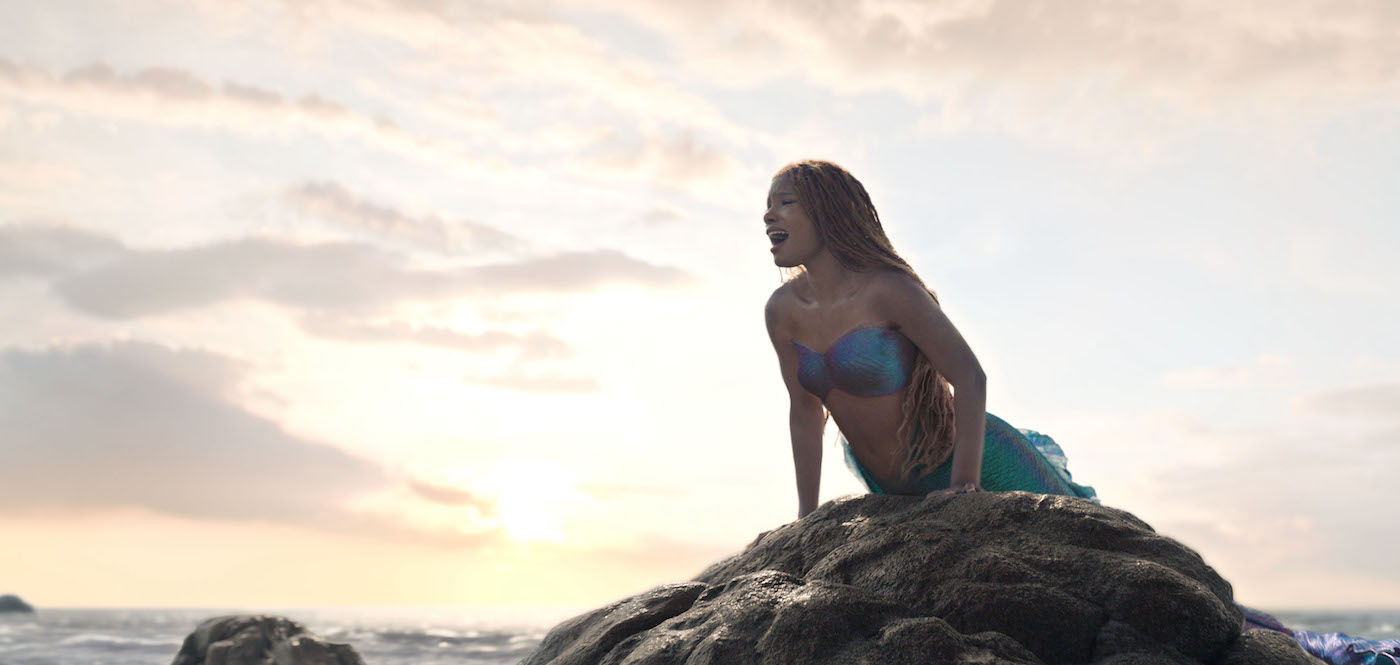
During the Berlinale Film Festival earlier this year, the Motion Picture Association’s European team brought together a panel of industry veterans to discuss the state of diversity in filmmaking and how to ensure that efforts to foster it have real teeth. The lively, hopeful discussion was indicative of a bigger internal shift taking place across the MPA’s member studios, two of which have recently launched their own ambitious internal diversity initiatives, embarking on new approaches to find and foster talent in previously overlooked regions, inject meaningful representation into new content, and ensure supportive internal cultures.
At Paramount, the studio’s Content for Change program starts with research and data. A partnership with USC’s Annenberg Inclusion Initiative is in the throes of examining representations of gender, race, ethnicity, LGBTQIA+, and disability across sixty-two Paramount shows, allowing the studio to take a close look at how to increase inclusive on-screen representation (even though Annenberg’s findings were already quite positive). A complementary academic partnership with Stanford University’s SPARQ is helping Paramount test new hypotheses to see how content can shift viewer perspectives. By asking questions like “How does viewing experience impact beliefs about society?” “How does viewing experience impact engagement with the character?” and “How does viewing experience impact future media consumption?,” the studio is working to get hard answers on how the state of television content, both past and present, has affected and continues to affect viewers’ social and racial attitudes.
For Disney, partnerships formed outside the industry are also a way to move the studio forward. Disney has long collaborated with the U.S. State Department Bureau of Educational and Cultural Affairs to support animators in Africa, with the partnership culminating last year in a year-long masterclass series for 40 participants nominated by the continents’ U.S. embassies. This year, Disney is working with the American Film Showcase, based at USC, to bring 20 of the masterclass’s alumni to Los Angeles for five days of networking and professional development, with the goal of helping these animators learn to build sustainable careers in the animation industry. “Whether it’s working for a global media company, owning and running their own local animation studio, or specializing in one aspect of the animation pipeline, these creators should come away with an understanding of what is possible in the globally interconnected animation industry,” a Disney spokesperson says.
Back over at Paramount, the studio is also on a quest to develop new talent. The Content for Change Academy aims to remove hiring barriers and invest in future film industry denizens who come from nontraditional paths. “This includes people from community colleges and certification programs, who’ve historically been left out or struggled to enter the entertainment industry,” a studio rep says. The 2021-2022 program brought on seven trainees; this year, it was eight. Part of a complementary initiative to their internal work, Paramount also awarded $1 million in 2022 to several community-focused creative endeavors, including organizations like Fresh Films, which both trains young filmmakers across the U.S. and offers insight into how the sausage gets made via a digital content series featuring conversations between Paramount employees and aspiring filmmakers.
Similar to Paramount, Disney is fostering talent in places the film industry hasn’t previously always thought to look. The studio launched its Stories X Women program last year, working with six delegations of animated filmmakers from the Middle East, Africa, Asia-Pacific, and Latin America to get pitch-ready for the Annecy International Animation Film Festival, the world’s largest animation festival. The goal was to help women storytellers develop their content, offer them access to the festival’s networking opportunities, and ultimately, move the entire industry forward in terms of creating more equal opportunities to develop and produce animated work and reap the rewards of fulfilling careers in the field.
And, of course, change always begins at home. MTVE, a Paramount property, developed a so-called Culture Orientation workshop to help employees look at representation in pop culture, get insights from the creators of the industry’s more groundbreaking content, and offer access to guides from best-in-class experts and other useful resources. Beyond that, MTVE’s ongoing Culture Orientation emphasizes respect, mutual understanding, and a corporate culture that’s able and willing to evolve. Paramount now plans to expand the program across its brands beginning this year, the first but surely not the last of the MPA’s studios to foster such a change.
This article was first published on The Credits